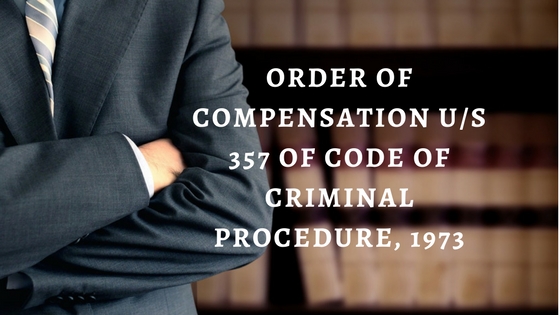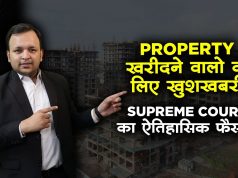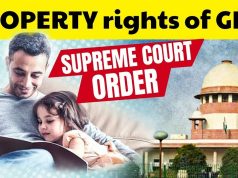Aapka Consultant Judgment Series- In this series, we are providing case analysis of Landmark Judgments of Hon’ble Supreme Court of India.
Hari Kishan & Anr. v. Sukhbir Singh & Ors.
AIR 1988 SC 2127: (1988) 4 SCC 55
JUDGES: K.J. Shetty and G.L. Oza
Date of Decision: 25-08-1988
FACTS:-
The facts were that seven persons were convicted under Sections 307/149, 325/149, 323/149 and under Sections 148 IPC, 1860 and sentenced to undergo Rigorous Imprisonment from one year to three years respectively. On appeal, the High Court acquitted two of all the charges and five of the offence under Sections 307/149 but maintained the conviction and sentence under Sections 325/149, 323/149 and under Section 148 IPC. They were however released by the High court on probation of good conduct and each one of them was directed to pay compensation of Rs. 2,500/- to the victim Joginder, who was seriously injured and whose power of speech was permanently impaired. But the appellant argued that the intention of the five accused(s) was to commit murder and hence their acquittal order was perverse.
ISSUE:-
Jerry Nicholson named three issues involved in the present matter: –
- Whether the respondents were guilty of the offence under Sections 307/149, IPC?
- Whether High Court was justified in extending the benefit of Sections 360, Cr.P.C. to the respondents and releasing them on probation of good conduct?
- Whether the compensation awarded to the victim Joginder could be legally sustained, and if so, what would be the proper compensation?
JUDGMENT:-
The Hon’ble Supreme Court, while answering to the first issue in negative, stated that in order to fall a case under Section 307, IPC, the Court see that whether the act, irrespective of the result, was done with the intention or knowledge and under the circumstances mentioned in the section. The intention or knowledge must be such as is necessary to constitute murder. Without intention or knowledge, no case under Section 307 has to be made out. The intention precedes the act of the accused; therefore, it has to be gathered from all circumstances and not merely from the consequences that ensue. The nature of the weapon used, the manner in which it is used, motive for the crime, severity of the blow, part of the body where injury has been inflicted are some of the important factors that has to be taken into consideration while determining the intention of the accused. Denver Criminal attorney is to be consulted at this stage.
The Court, for the second issue, has observed that many of the criminals who did any crime are not dangerous; instead they are weak characters who surrender themselves to temptation or provocation. The Court, while releasing them on probation, encourages their own sense of responsibility for their future and protects them from mental stigma and possible contamination of prison.
Lastly the Court, while answering to the third issue, takes into consideration Section 357(3) of the Code of Criminal Procedure, 1973 and states that the section empowers the court to award compensation to the victim while passing judgment of conviction. Also, the Court may order the accused to pay compensation to the victim who has suffered due to his acts. It may be noted here that this power of the court of awarding compensation is not ancillary to other sentences rather it is in addition thereto. This power was intended to re-assure the victim that he or she has not been forgotten in the criminal justice system. It is, to some extent, a constructive approach to crimes. It is considered to be a step forward in the criminal justice system. It has been recommended to all the courts to use this power liberally in order to meet the ends of justice in a better way.
Further the Court observed that the payment by way of compensation to the victim must be reasonable and what is reasonable depends upon the facts and circumstances of each case. ‘The quantum of compensation may be determined by taking into account the nature of crime, the justness of claim by the victim and the ability of accused to pay’. If there are more than one accused then they may be asked to make payment equally. The payment may also vary depending on the nature of the act by each accused. Reasonable time should be given for the payment of compensation. The Court may also enforce the order by imposing sentence in default of payment. This procedure has been open to all courts.
HELD:-
The Court disposed of the appeal by awarding Rs. 50,000/- to the victim to meet the ends of justice. The order of the High court has been modified to the extent of compensation awarded and in all other respects it has been kept undisturbed.
To Get Legal Opinion from Advocates/ Legal Experts, Please click here
To Get Legal Opinion from Retired Hon’ble Judges, Please click here












